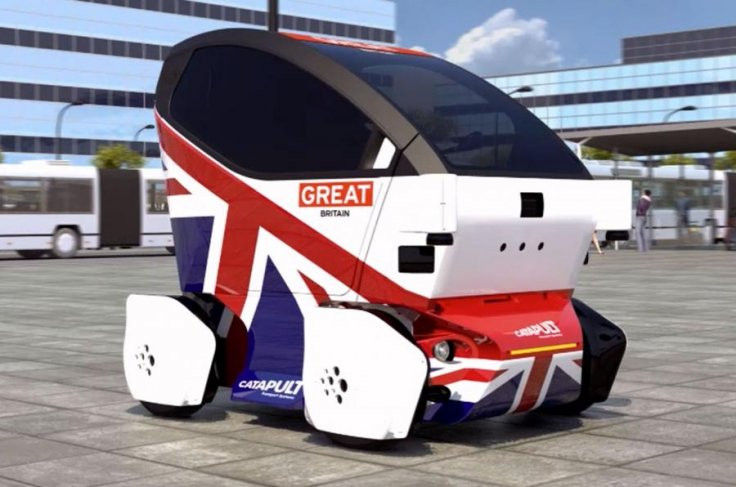Top UK motor insurers Admiral, Aviva and Direct Line form alliance to tackle autonomous cars

The UK's top car insurance companies have formed an alliance to stand united in response to government plans to push ahead with the development of autonomous cars on Britain's roads. The move has seen 11 of the UK's largest insurers create the Automated Driving Insurance Group (ADIG).
Led by the Association of British Insurers (ABI), the group will communicate as one with the UK government, which already allows testing of autonomous vehicles on public roads and in pedestrianised areas. The move also comes soon after Tesla updated the software of its Model S electric car, allowing it to drive itself on motorways and move in and out of garages without anyone behind the wheel.
These technologies, plus "assisted driving" features now available from BMW, Ford and others, are expected to combine and evolve, leading to the sale of entirely autonomous vehicles with no conventional driver controls by the start of the next decade. With such a short time for huge change, insurers want to know where they will stand when an autonomous vehicle crashes, and who is to blame if the incident was controlled by software alone.
Cheaper insurance
The case for autonomous cars is a strong one. A drastic cut in accidents caused by human error is expected to see insurance premiums fall by up to 80% over the next 25 years, according to data from Thatcham Research. Led by David Williams, head of underwriting at Axa, the alliance had its first meeting in December
Admiral, Axa, Aviva, Direct Line, LV and Zurich are just some of the insurers that make up ADIG, which will examine how the industry should respond to the rise in autonomous cars and the expected decline in accidents. Fewer accidents will mean fewer payouts for the companies to make but this will also see demands from motorists for much lower premiums, cutting insurer revenue.
Autonomous car ethics
Insurers will likely start to investigate manufacturers when dealing with an incident, as if the "driver" played no part, it must have been down to the software of one or all vehicles involved. This then brings up the tricky issue of computer ethics; when presented with a zero-win situation, where contact is unavoidable, what should the autonomous car decide to do?
Car companies could become liable for damage caused by autonomous cars once road laws are updated in 2018, as proposed by the government in 2015. This would require vehicle manufacturers to take out insurance.
James Dalton, director of general insurance policy at ABI, told the Telegraph: "Contrary to what some people might expect, insurers are not standing in the way of this development but actively looking to support progress and innovation. The role of motor insurance in such a future will be very different to what it is today, but insurance will be part of the picture."
© Copyright IBTimes 2025. All rights reserved.






















